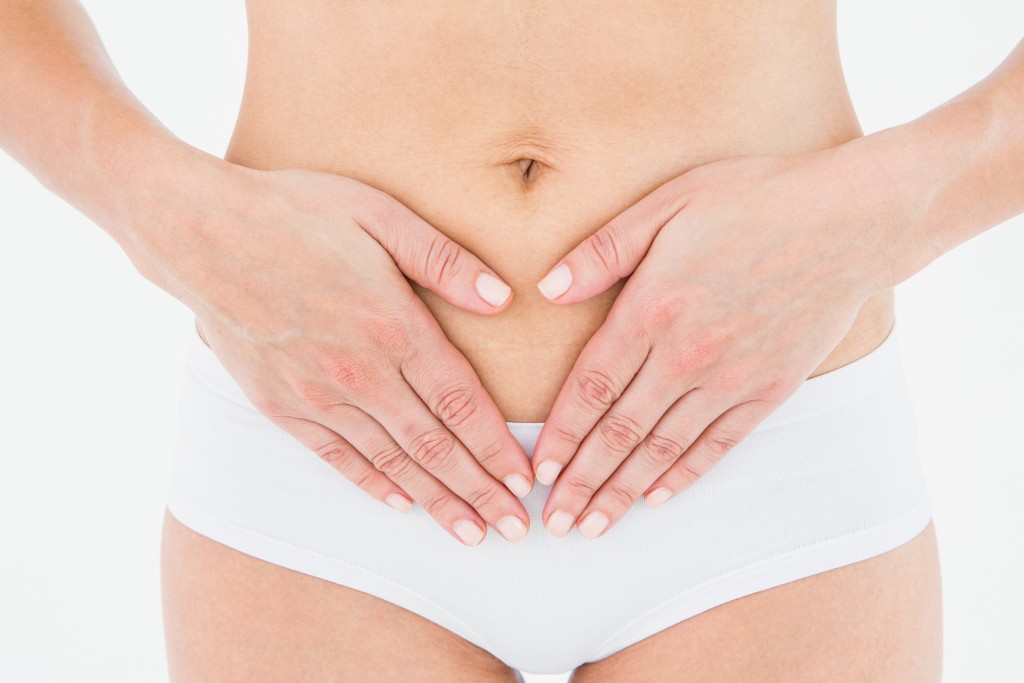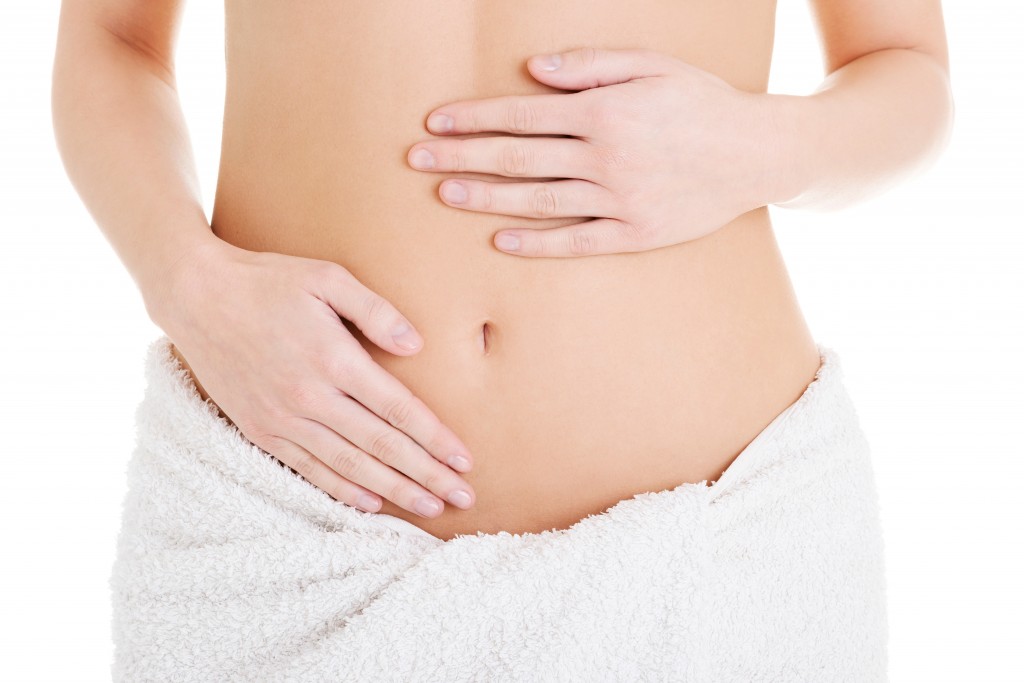As If bleeding every month is not cumbersome enough, most women are plagued by questions surrounding the nature of their menstrual flow. Because different women experience different symptoms during their menstruation, it is normal to be asking questions about whether their own personally experienced symptoms are normal. Some of these symptoms include different kinds of blood clots during their period. Here are some commonly asked questions about blood clots.
What are Blood Cots? What Do They Look Like?
Blood clots are these thick mass or huge blood formations that go with your menstrual flow. These big blood clots usually appear during the heaviest of your period days. For some girls, these would be the second to third days of their menstruation. Cramps and lower back pains usually accompany these passing blood clots. These are normal symptoms during menstruation and can be easily remedied by taking Ibuprofen or any other painkiller. These painkillers may be prescribed over the counter of major drugstores. Some remedies could also be warm compress over the lower part of the navel.
In some cases though, the pain can be overwhelming to the point that some women just want to stay in bed the whole day. This phenomenon is called dysmenorrhea. While the presence of large blood clots may accompany dysmenorrhea, the relationship is not necessarily causal. It is possible that women would release clots of blood but not suffer from dysmenorrhea.
What Causes Blood Clots During My Period?
Coagulation is the process of changing liquid to gel. This is the process that turns the liquid blood into clots of blood. To prevent coagulation or to turn the small blood clots to liquid blood you will need anticoagulants. Naturally, the body has its own process that induces anticoagulants. Simply put, you get thick blood clots when the anticoagulants in your body do not get to act on the blood that comes out of you.
In essence, blood clotting is hindered by anticoagulants that help increase the amount blood that you release during menses, by breaking down the clots or lessening them. When this does not happen, you get a lot of blood clots coming out during your menses.
What Happens Inside Me During My Period That Causes Me to Release Excessive Blood Clots?
During your period, the uterus or that thick lining of the uterus disintegrates or breaks away, in effect, causing you to menstruate. As you menstruate, your body releases anticoagulants that enable the breaking down of your thick uterine lining. But if you are expelling blood much faster than these anticoagulants can break down the blood, then you get heavy blood clots coming out of you. This is the reason why you get small blood clots or in some extreme cases, hard blood clots.
Is It Normal to Have Blood Clots During Your Period?
Yes, it is normal to get blood during your period. In fact, there are various possible kinds of blood clots that may come out of you – there are long blood clots, dark colored blood clots, and it is even possible that you get no blood clot at all. Different people have different kinds of body, and their bodies function differently, so it could be possible that while other people get heavy blood clots during their period, some might not get them at all.
Why Do I Have Blood Clots During My Period? Is It Because of My Lifestyle?
Blood clots are normal to have during your period, but if you want to lessen the probability of having them, you can explore increasing your body’s natural anticoagulants. There are some foods that act as natural anticoagulants. Some of these are garlic, ginger, and fish oil. Garlic has anticoagulant properties that help in the thinning of the blood. Ginger can be turned in tea, and it helps prevent the clotting of the blood. Fatty fish such as salmon and tuna have natural fish oils that contain omega 3 fatty acids, which contain anticoagulant properties. There are some fruits that you can eat too – such as oranges, limes, and apples. These fruits are known to have rutin, which aids your body to prevent the formation of blood clots.
If you are a smoker, you might want to think about quitting smoking. Smoking constricts blood vessels. This hinders the blood flow in your system and can contribute to further clotting. Specific to your uterine health, if you want to avoid the growth of cysts and other types of fibroids that might contribute further to the formation of blood clots, then it is best to steer clear of cigarettes.
Excessive drinking of alcohol might also contribute to the formation of blood clots during your period. If you are a big drinker, it is best to lower your intake.
For Faster Relief, Is Tt safe to Take Anticoagulants?
Yes, there are also anticoagulants that you can buy in your local pharmacies. The most common one would be warfarin and you can take them during the days with the heaviest flow. But again, just to be sure, always clear it with your doctor first before you self-medicate.
What Vitamin or Mineral Supplement Can I Take to Lessen Blood Clots?
You can ask your doctor about Iron. If you release a lot of blood during your period, then taking iron is best to make sure you don’t become susceptible to becoming anemic. However, you should stay away from Vitamin K as this is great for the promotion of blood clotting.
Why are There Large Blood Clots During My Period?
There are cases though when you get heavy bleeding and massive blood clots. These are caused by the sloughing off of the uterine lining, This is normal, and these cause the blood clots that you get during menstruation. When your natural anticoagulants don’t act as quickly as you release or shed your lining, you get the big blood clots.
If you consistently get blood clots during your period and you are constantly feeling pain, have yourself checked for endometriosis. Endometriosis is a condition that occurs when the endometrial tissue forms outside the womb. This causes pelvic pain, which can act up most often during menstruation. Having endometriosis can cause heavy blood flow and even increase the changes of passing blood clots.
When Should I be Wary of the Blood Clots? Is There a Specific Size of Blood Clot That Should Worry Me?

When Should I be Wary of the Blood Clots? Is There a Specific Size of Blood Clot That Should Worry Me?
There is no uniform size for blood clots – some are round while there are stringy blood clots during menstruation. But if you start getting blood clots that are larger than an inch or almost the size of a coin, check if you get them consistently or over a prolonged period of time. Observe too if these are accompanied by intense pain or cramping. If you experience abnormal blood clots as evidenced by change in size. It’s best to see your doctor.
If you get clots that are darker in color, and also have a different smell, such as being more foul or rancid, then you should also see your doctor just to be sure. Coequally, if you are experiencing painful blood clots, you should definitely have yourself checked. Massive blood clots might be a sign of something else, and so can foul-smelling discharge.
Some women may also go through severe clotting. These are evidenced by severe blood clots coming out during the menstrual cycle, and can happen more often than the usual two to the third day of the menstrual period. When this happens, best see your doctor.
Could Blood Clots Mean Miscarriage?
It could be, yes, especially if you know you are pregnant. As a rule of thumb, if you are pregnant and you are bleeding, always seek immediate medical attention. Complications and problems during pregnancy can cause you to bleed and might result to miscarriage. To avoid this, whether you see blood clots or not, do not second guess having to see your doctor. When it comes to pregnancy, it is better to be safe and sure than sorry.
What are Fibroids and What Do They Have to Do with Blood Clots Coming Out of Me During My Period?
Fibroids are benign growths along the uterine lining. These fibroids usually do not cause symptoms for women, while others may feel pain or heavy periods. If these fibroids growth interrupts the shedding of the uterine lining, clots are likely to form. So if you get severe clotting during your menstrual period, you can have your doctor check possible causes. If you have been diagnosed of fibroids or myomas, then best consult your doctor on what is best to be done. The cause as to why fibroids grow is still unclear, but some suggest it is genetic.
What Does It Mean When I Get White Blood Clots?
There have been reported cases, though rare, when women would notice a while blood clot coming out during their period. Some say that this is a side-effect of getting off of the birth control pill, but this is not conclusive. Others associate it with passing an ovarian cyst, but that’s not medically backed up too. The best way to find out what this is about is to have yourself checked. There are various speculations about what the while blood clot might be, but there is only one way to be certain and that is to seek the opinion of a medical professional.
Is It True That I Can Take Birth Control Pills to Prevent Blood Clots During My Period?
Yes, it may, but since our bodies react differently to medications, it is best to ask your doctor before you take any birth control pill. Birth control pills address your hormones, and in so doing, it can minimize menstrual flow, and in return minimize the blood clots. As best practice, your gynecologist should be able to prescribe the right kind of birth control pill for you and guide you on its proper usage.
Does Weight Factor into Getting Blood Clots During My Period?
Yes, your weight could contribute to the formation of blood clots. This is why it is advised that women, who go through menstrual pain and/or excessive blood clotting during their menstruation, are advised to take on lifestyle changes. In some cases, being diagnosed with polycystic ovarian syndrome (PCOS) might be a reason for weight gain. PCOS is a condition characterized by hormonal imbalance. Part of the hormonal imbalance is the possible formation of blood clots during menstruation, on top of the delayed menses.
One major lifestyle change that can help is to do regular exercise. It is seen that regular aerobic exercise helps in prevention blood clot. The increased blood flow through the body helps in dissolving the clots that may form during your menstrual period. So if you want to decrease the clots that you get, you can start by doing daily exercises such as running, jogging, swimming or walking.
Is It Possible to Stop Blood Clots During My Period? What are the Ways on How to Stop Blood Clots During Period?
The safest way to go about this is to have yourself checked so you know what is causing the blood clotting and so your doctor can prescribe the right kind of treatment, if needed. As seen above, there could be various reasons for blood clotting during the menstrual period, and to assume and narrow down to one can be incorrect and to say the least, irresponsible. When it comes to medical conditions, it is still best that you consult your doctor so you can get the appropriate treatment.
Off hand, some ways to prevent blood clots during your period is to assess your lifestyle and see which habits you can change so you can be healthier. It always helps to view health as a holistic endeavor, that cannot just be addressed by taking in prescription or doing away with some. Overall evaluation of your lifestyle choices and overall well-being still has its worth in making sure you are in good health.



